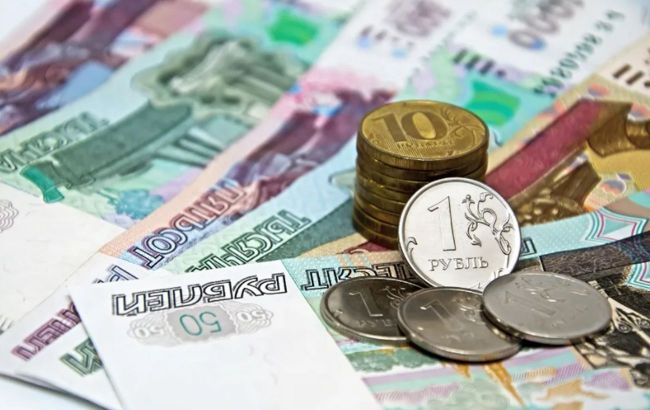Russia's economy still standing: What's keeping it afloat
 The Russian economy is not collapsing even amid the war (illustrative photo: corporatefinanceinstitute.com)
The Russian economy is not collapsing even amid the war (illustrative photo: corporatefinanceinstitute.com)
The Russian economy still shows no signs of complete collapse. The civilian sector is indeed gradually weakening, but the military component continues to grow, said Mykhailo Gonchar, President of the Center for Global Studies "Strategy XXI."
"Of course, when people talk about the Russian economy being on the verge of collapse, it may collapse in certain areas — for example, those related more to the civilian sector and what we refer to as consumer goods production, or the financing of social programs, and so on," the expert explained.
However, Gonchar emphasized that this does not signify the collapse of Russia's military sector, which continues to expand.
"War has become a profitable business not only for major Russian arms corporations but also for many ordinary Russians. Together with their family members, we're talking about tens of millions of people who, I stress, for now, are feeling quite comfortable," said Mykhailo Gonchar, President of the Center for Global Studies "Strategy XXI."
He noted that, according to economic principles, weapons production is an asset that does not generate added value — it's simply the burning of investment and money.
Still, according to Gonchar, this engine of Russia's war machine continues to run.
"And largely because it continues to receive funding — primarily through energy exports, especially oil, which still brings revenue to Russia. These are not the revenues it would receive under non-sanctioned conditions, but it's still funding the war budget," the expert noted.
Gonchar also explained that, in this context, expectations that "Russia's war economy will collapse in the coming months" are, in his view, unrealistic.
"Especially now, as oil prices have risen somewhat — it has given the Kremlin a morale boost and will add some limited funds to the war budget. But again, this is not something that will help Russia stay afloat in a systemic way," he concluded.
Oil prices rose after Israel and Iran escalated attacks on each other over the weekend.
As reported by Bloomberg, the market is preparing for an escalation that could disrupt supply from the region, which accounts for about one-third of the world's crude oil output.
Earlier this month, US Treasury Secretary Scott Bessent made a rather bold prediction about the Ukrainian economy.

